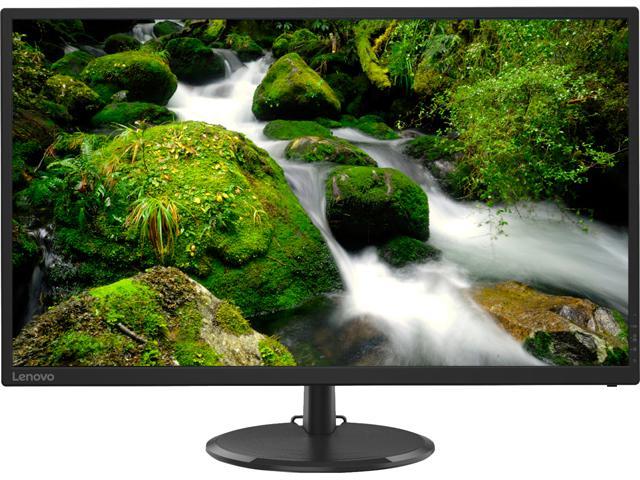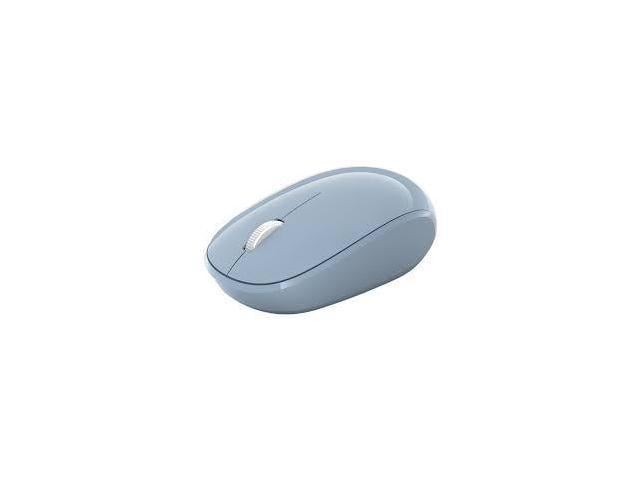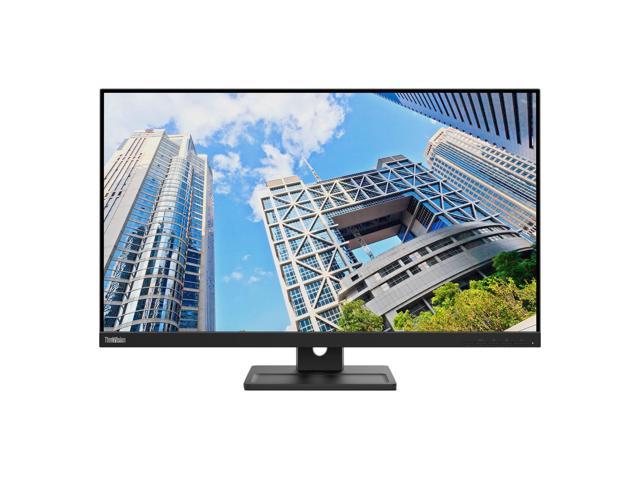Master the essentials of concurrent programming,including testing and debugging This textbook examines languages and libraries for multithreaded programming. Readers learn how to create threads in Java and C++, and develop essential concurrent programming and problem-solving skills. Moreover, the textbook sets itself apart from other comparable works by helping readers to become proficient in key testing and debugging techniques. Among the topics covered, readers are introduced to the relevant aspects of Java, the POSIX Pthreads library, and the Windows Win32 Applications Programming Interface. The authors have developed and fine-tuned this book through the concurrent programming courses they have taught for the past twenty years. The material, which emphasizes practical tools and techniques to solve concurrent programming problems, includes original results from the authors’’ research. Chapters include:
- Introduction to concurrent programming
- The critical section problem
- Semaphores and locks
- Monitors
- Message-passing
- Message-passing in distributed programs
- Testing and debugging concurrent programs As an aid to both students and instructors, class libraries have been implemented to provide working examples of all the material that is covered. These libraries and the testing techniques they support can be used to assess student-written programs. Each chapter includes exercises that build skills in program writing and help ensure that readers have mastered the chapter’’s key concepts. The source code for all the listings in the text and for the synchronization libraries is also provided, as well as startup files and test cases for the exercises. This textbook is designed for upper-level undergraduates and graduate students in computer science. With its abundance of practical material and inclusion of working code, coupled with an emphasis on testing and debugging, it is also a highly useful reference for practicing programmers.















